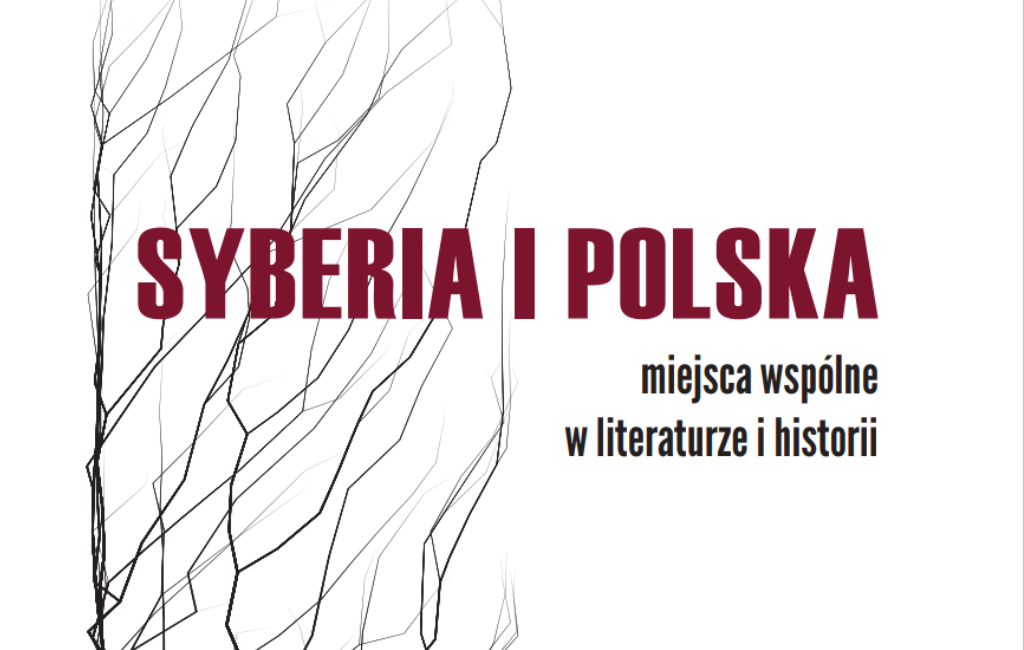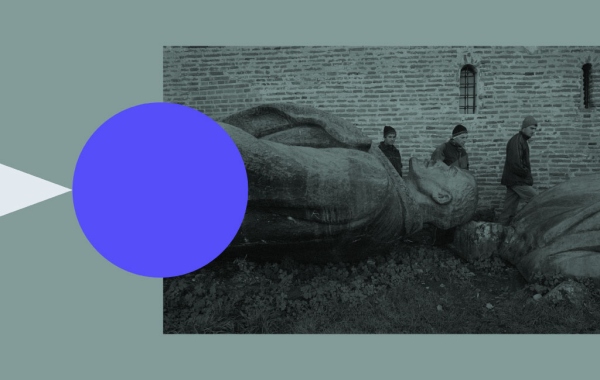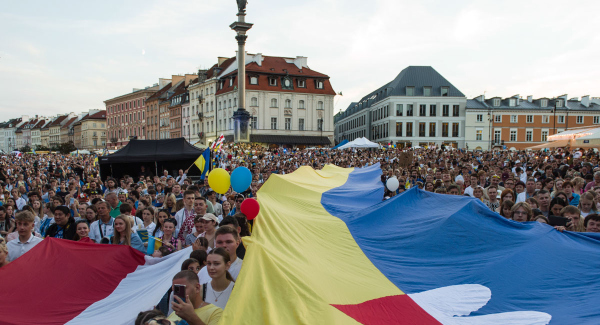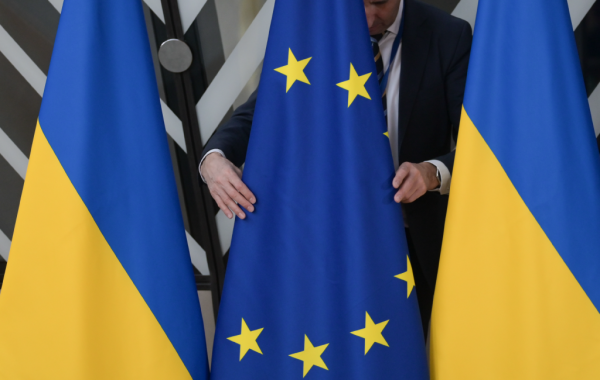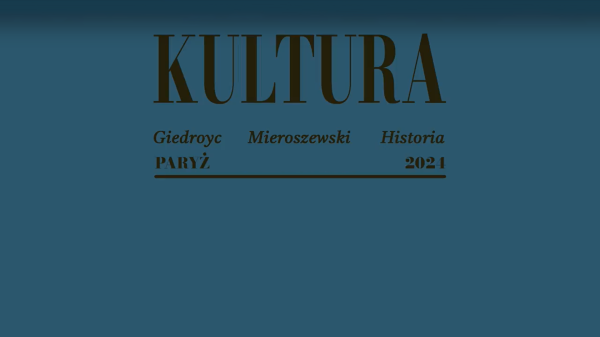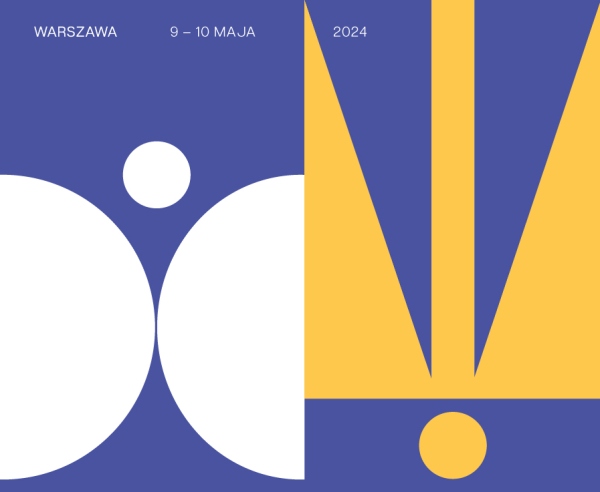30 years of research into the history of Siberia
On June 20th, a scientific conference will be held to celebrate the 30th anniversary of the Commission for Research on the History of Siberia of the Polish Academy of Sciences (PAN). The event will summarize past achievements and set new research directions for the Commission, known as the "Siberian Commission".
Founded in 1994 by Prof. Władysław Jewsiewicki and led by Prof. Zbigniew J. Wójcik, the Commission brings together specialists from various fields, including history, literary studies, anthropology, cultural studies, and political science. As the longest-standing and most active commission within PAN, this special jubilee is celebrated by the Mieroszewski Center in cooperation with the Siberian Memory Museum and the Student Scientific Circle for Dialogue and Cooperation with the East in the Department of Russian Studies at the University of Warsaw, inviting leading researchers on Siberia to the conference.
The conference aims to analyze Polish-Siberian relations over the centuries, as well as the interdisciplinarity and generational continuity carried out within the activities of the Siberian Commission. With over 150 meetings (five times a year) where hundreds of papers and book presentations were delivered, the Commission is one of the most recognizable entities among Siberian researchers worldwide.
Discussion Topics:
- Polish-Siberian literary parallels
- Siberia in ego-documents
- Adaptation of Poles in Siberia
- Polish periodicals in Siberia
- The myth of Siberia and the exile
- New Publications and Projects
Book premiere
The conference will also feature the launch of the book "Siberia and Poland – Common Places in Literature and History." This publication is the result of a joint publishing venture by the Mieroszewski Center, the Siberian Memory Museum, and the University of Warsaw.
Our new release offers an interdisciplinary look at the ties between Poland and Siberia. Prepared by historians, literary scholars, cultural experts, musicologists, and ethnographers, the book covers both nineteenth- and twentieth-century experiences. The authors emphasize not only the difficult and painful aspects of these relationships but also the constructive and creative moments. Therefore, the key words that run through the entire publication are "experience" and "memory", with each chapter created to commemorate and analyze the diverse experiences associated with Siberia.
The monograph includes the research results of nearly 30 scholars. Readers can start from any chapter, choosing topics based on historical, geographical, or thematic criteria. Thus, anyone interested in Siberia will find something of interest in the book.
